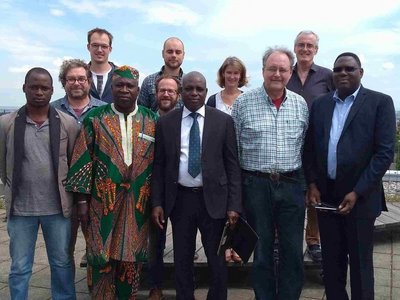

All partners have discussed and agreed on important future steps according project management. A research agenda and implementation into higher education and governance was compiled to link research questions and tasks. Furthermore, each work package defined and presented their questions and planned activities, which were subsequently discussed and agreed on all partners. For instance: deliverables, milestones, responsibilities, dimensions of collaboration in terms of: research goals, themes, hypotheses, timing (schedule), locations (research sites), and temporal – spatial scales of investigation. The first SUSFISH project's success emerged from close cooperation between universities and ministries to formulate policy and provide interdisciplinary national data on biodiversity and ecological water quality for the first time. It demonstrated a lack of information sharing between experts, stakeholders of water and fisheries management. It also showed a need for an applied education programme, on several scales - bottom up and top down - for academic and fisheries communities to use scientific knowledge in theory and practice.
This encouraged partners to pursue further cooperation within the frame of advanced APPEAR partnership. In the core of this follow-up cooperation SUSFISH-plus will respond to these two needs: by a) establishing an innovation platform and b) developing an integrated education and research programme. Consequently, the project will build on capacity building, development and research on scientific and policy basis to study and contribute to sustainable fisheries, water and river health when society meets ecology in Burkina Faso.
